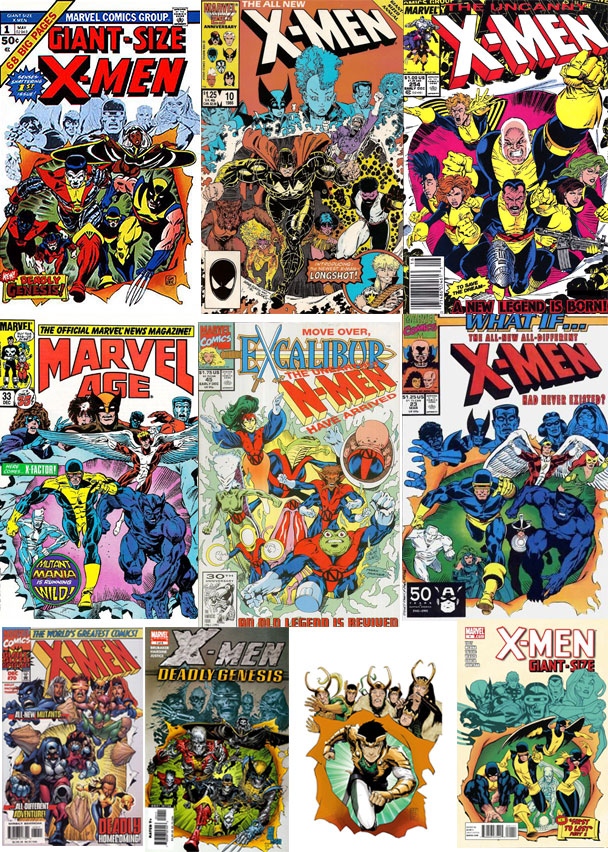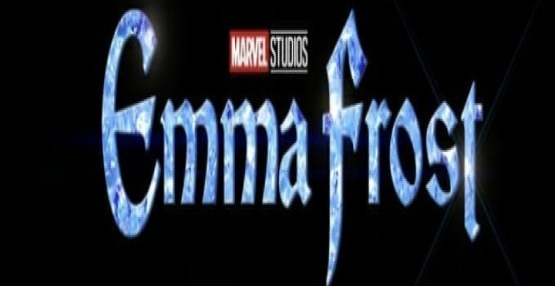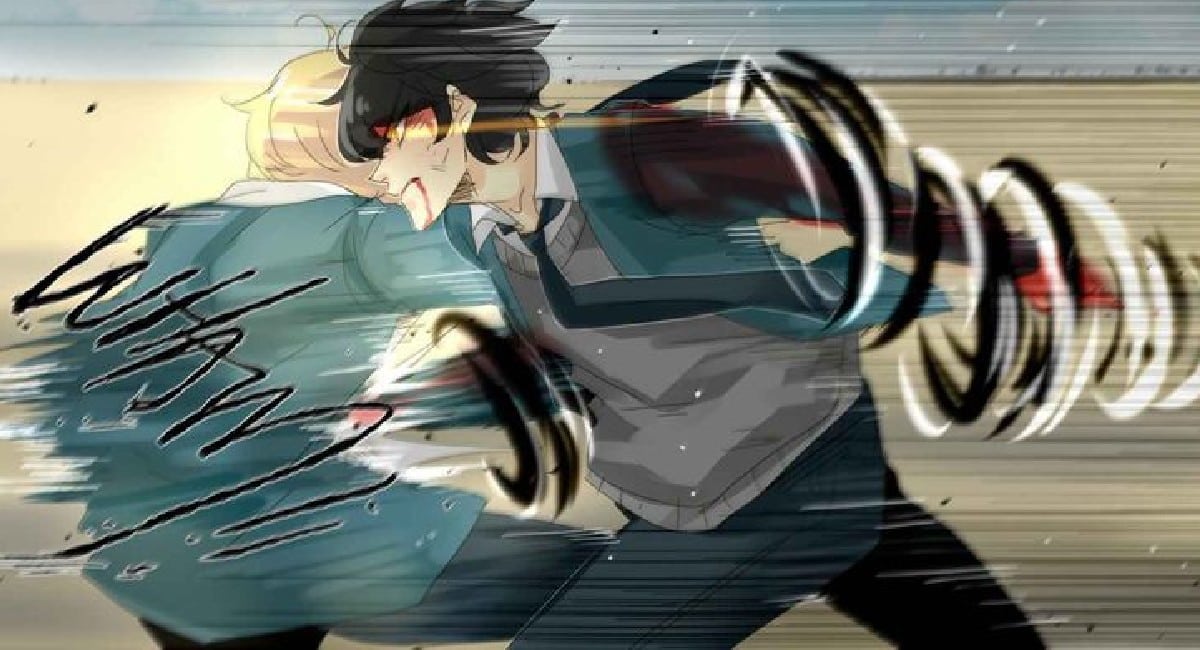
Fantastic Four: First Steps aims to reboot Marvel’s first family with a glossy new coat of retrofuturism and some light moral dilemmas, but the result is more style than substance. Directed by WandaVision’s Matt Shakman, the film ditches the usual origin story in favor of a timeline where the team has already been on the job for four years. Set on an alternate Earth that looks like someone imagined the year 2025 from inside a 1964 department store catalog, the film wants to feel fresh but often feels like a well-dressed museum exhibit.
The seemingly ubiquitous Pedro Pascal plays Reed Richards as a stoic, brilliant man seemingly burdened by the weight of cosmic responsibility, and he comes across as just plain flat. For a man who’s supposed to be the smartest person alive, he spends much of the movie reacting with the emotional range of a traffic cone. Vanessa Kirby, at least, finds some gravity in Sue Storm, especially as her pregnancy becomes the central moral conflict: Galactus, giant cosmic threat and planet-eater, wants her unborn child, and the fate of the Earth may depend on giving it to him. Sue’s response—firm, maternal, and uncompromising—is one of the rare moments where the film actually earns its stakes.

Unfortunately, those moments are few. The story careens from world-ending threat to shiny space gadgets without much connective tissue. Reed, apparently operating out of a lab with no rules or limits, whips up tech that can scan distant galaxies in real-time or teleport planets across the universe. None of it has a clear cost, explanation, or consequence. These aren’t clever solutions so much as magic tricks with wires attached. The stakes collapse under the weight of convenience.
Joseph Quinn’s Johnny Storm does bring a little life to the party, managing to be entertaining even as the script insists he’s a genius linguist now. Why? Because someone had to learn an alien language in 24 hours and it wasn’t going to be Reed, who’s apparently too busy building another planet-mover. Ebon Moss-Bachrach’s Ben Grimm has heart, but is buried under digital rock and soft writing. The team dynamics, which should be the beating core of the story, mostly get lost in the plot’s rush to save the world with increasingly absurd technology.

The film’s aesthetic is doing a lot of heavy lifting here. Jack Kirby designs, mid-century modern architecture, color-blocked costumes, and shiny chrome props recall everything from The Jetsons to Severance and Loki. It’s all very slick, and Giacchino’s score adds a bouncy confidence to the mix. The changing aspect ratios and faux-documentary moments help spice up the exposition, but no amount of visual cleverness can cover for the fact that the story moves too fast for any real character development. The world looks like it could be fun, but nobody seems to actually live in it.
And then there’s Galactus. No longer a weird cloud, at least, but still a hard sell. He looms, he grumbles, he nibbles on dirt, and he somehow travels slower than a city bus despite being a cosmic force who can cross galaxies. Maybe he works better on the comic page than the silver screen. His big demand is one that long time comic readers will be familiar with, is to consume the planet, or be given the couple’s super-powered baby in exchange for Earth’s safety. The moral dilemma could have carried weight, but it’s wrapped in so many strange choices and lazy setups that it never lands.

By the time the third act rolls around, the plan to defeat Galactus involves using the baby as bait and hoping he doesn’t notice the giant teleportation machine under his feet. (Spoiler: he notices.) Things fall apart, and the film rushes to resolve the crisis with a surprise character reversal that makes emotional sense but isn’t exactly earned by the setup.
There are some glimpses of a better film underneath it all. Moments of heart. Hints of family connection. A few design choices that could make for a compelling world, albeit like antique Apple products. But too often, First Steps tries to sprint before it learns how to walk. For a film meant to be a soft reset for the MCU, it rarely slows down long enough to build anything new.
At under two hours, it moves quickly. That may be a blessing. But once the credits roll, it’s hard to shake the feeling that what we just watched was less a movie and more a proof-of-concept—one that never quite figured out what makes these four fantastic. Stick around for the post credits scenes though.
***



















 English (US) ·
English (US) ·